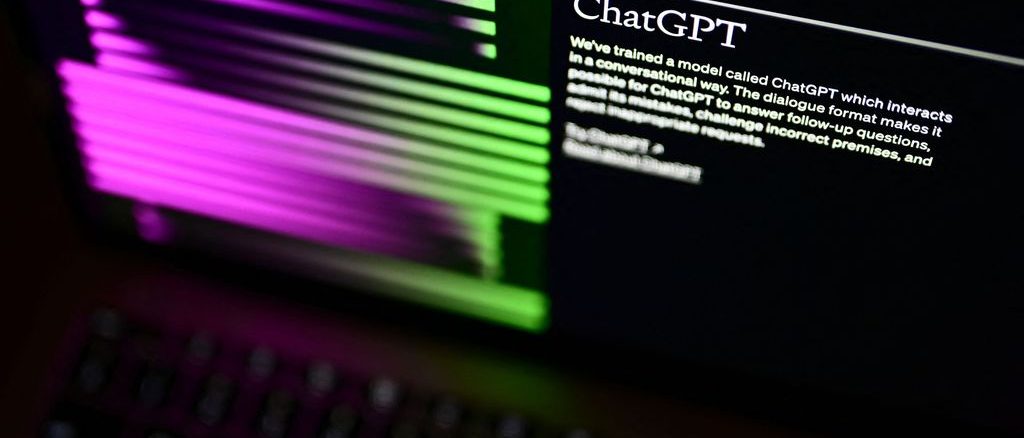
Introduction
There is an increasing chance that the technology behind chatbot ChatGPT and similar AI tools will escape strict European rules for artificial intelligence, the so-called AI Act. A striking change of course: this summer both the EU member states and the European Parliament were in favor of this.
Major Countries Lobbying
It is due to a twist from the three largest EU countries, Germany, France, and Italy. They fear that overly strict rules will not only affect American tech giants but also European parties, and they want to prevent that. The French AI company Mistral AI, among others, has also become involved with outspoken positions.
AI Act and Its Implications
The AI Act has been in the works for years. The basic principle is: the greater the risks, the stricter the rules. The rules were already devised before ChatGPT came onto the market at the end of last year.
The AI Act
The EU’s starting point in the law is that artificial intelligence systems are classified according to the risks they pose. This assumes a pyramid shape: at the top systems that are banned, for example because they assess people’s behavior, and below that systems that are classified as ‘high risk’.
This includes technology that can have consequences for the legal rights of citizens, but also for health, or systems that are used to track down suspects or scan the CVs of applicants.
Loosening Restrictions
But this plan is now in doubt. Last month, France, Germany, and Italy jointly published a document in which they advocate that companies should be allowed to draw up their own rules.
It means that powerful tech companies such as Microsoft, Google, and Meta, but also ChatGPT’s maker OpenAI, would explain themselves how their technology works and what it can and cannot do. There should be some form of supervision.
Industry Response and Concerns
“Then you have no stick behind the door,” responds Catelijne Muller, chairman of AI organization ALLAI. She has been following the discussion about the AI Act for years. “What they want to get to, of course, is that they can’t get fines.” This is also stated in the proposal of the three countries. They want to start without a sanction system and only think about it once several violations have been committed.
According to her, there is a significant tech lobby behind the document. Not only from American tech giants, who are known to try to exert a lot of influence on all kinds of major tech issues in Europe, but also from two European players. Van Sparrentak points to the French Mistral AI and the German Aleph Alpha.
Impact and Negotiations
Mistral has twenty employees, has only been around for six months and is already said to be worth 1 or 2 billion euros. Four weeks after its founding, the company already received an investment of 105 million euros.
MEP Van Sparrentak says that in the last round of negotiations, parliament will try to make rules, for example regarding testing of the systems, binding. If that doesn’t work, companies will at most be asked to “do their best”.

Be the first to comment